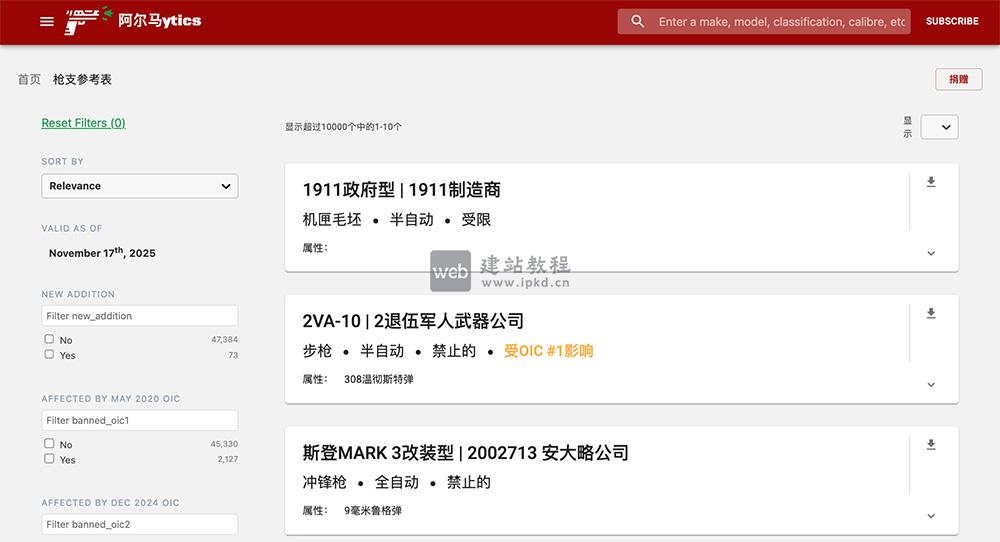
public void bucketSort(int[] nums){
int max = Integer.MIN_VALUE;
int min = Integer.MAX_VALUE;
for(int num : nums){
max = Math.max(max, num);
min = Math.min(min, num);
}
int bucketCount = (max-min)/nums.length+1;
List<List<Integer>> bucketList = new ArrayList<>();
for (int i = 0; i < bucketCount; i++) {
bucketList.add(new ArrayList<>());
}
for(int num : nums){
int index = (num-min)/nums.length;
bucketList.get(index).add(num);
}
for(List<Integer> bucket : bucketList){
Collections.sort(bucket);
}
int j = 0;
for(List<Integer> bucket : bucketList){
for(int num : bucket){
nums[j] = num;
j++;
}
}
}
PS:类似计数排序,不同点在于统计的是某个区间(桶)里的数。
上面是“java常见排序算法——桶排序(附代码示列)”的全面内容,想了解更多关于 后端开发 内容,请继续关注web建站教程。
当前网址:https://m.ipkd.cn/webs_4262.html
声明:本站提供的所有资源部分来自互联网,如果有侵犯您的版权或其他权益,请发送到邮箱:admin@ipkd.cn,我们会在看到邮件的第一时间内为您处理!

 二进制数的加减乘除法计算方法
二进制数的加减乘除法计算方法 Armalytics官网是一个专注于枪支数据和分析的平台
Armalytics官网是一个专注于枪支数据和分析的平台